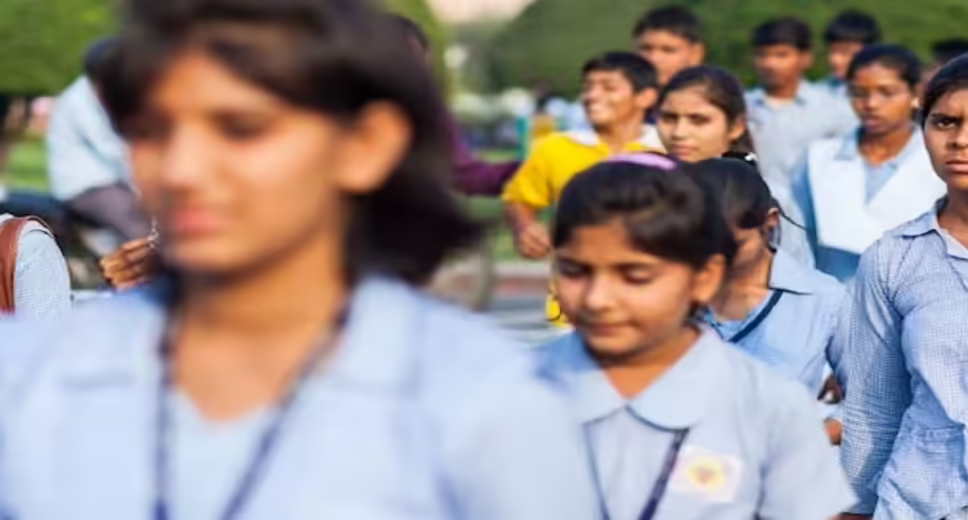Schools in Manipur Reopen After Almost 2 Months, Attendance Thin on First Day

After a period of closure lasting several months due to ethnic clashes, schools in Manipur reopened on Wednesday. Although the initial attendance was significantly low, students, parents, and guardians expressed their appreciation for the state government's decision to resume classes. On Monday, Chief Minister N Biren Singh had announced the reopening of schools for students in grades 1 to 8 starting from July 5. Many students, when asked by PTI, expressed their joy at returning to school. Linthoi, a first-grade student, exclaimed, "I am very happy! After waiting for two months, I can finally meet my friends and teachers. Plus, I'll get to learn new things." She mentioned that the closure of schools had made her life dull and monotonous.
Several students emphasized the importance of keeping schools open for a few hours each day, even during tense situations, and urged the state government to take appropriate measures. Bhabesh Sharma, the father of a fourth-grade student, remained hopeful that the situation would remain stable to ensure uninterrupted classes. He said, "I'm keeping my fingers crossed. Education is crucial, and I sincerely hope peace returns to the state." However, he also expressed concerns about the safety of students. Laishram Ibochouba, a parent of a fifth-grade boy, commended the government's decision to resume classes but urged them to prioritize student safety in case of any untoward incidents. He said, "I am not afraid to send my kids to school because the institute is located in the heart of Imphal. However, it would be great if the government could make arrangements to ensure the students' safety."
RK Ranjita Devi, the headmistress of Wangkhei High School, welcomed the government's move to restart classes. She acknowledged that the closure since the first week of May had adversely affected students' concentration and diverted their minds. On the first day, the attendance in her school was merely 10 percent, but she remained hopeful that it would improve in the coming days. Devi emphasized the importance of not neglecting the students' future and striving to continue regular classes. The school would take necessary steps to ensure student safety, and if any violent incident occurred during class hours, students would only be allowed to leave when their parents came to pick them up.
Due to the internet ban, online classes were not feasible, as pointed out by Devi. Therefore, to benefit the students, the school would provide assignments and homework during regular classes. She highlighted the school's commitment to supporting the students' education despite the challenges posed by the internet restrictions.
